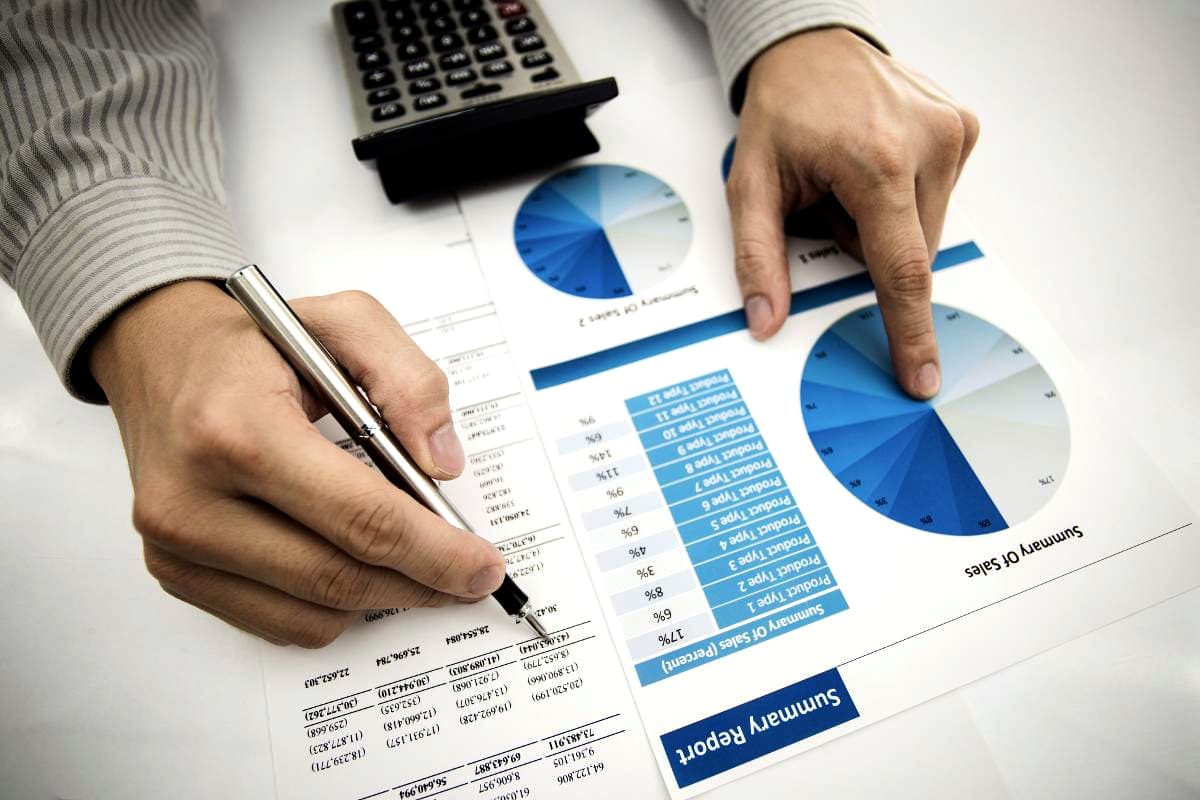
Accounting is very crucial not just to track business's economic scenario however likewise for its legal conformity. It requires lots of initiative and time in maintaining and developing accounting as well as audit documents.
Nowadays, bookkeeping solutions for local business are needed to use a comprehensive variety of audit as well as accounting services that are web-based. The procedure of hiring bookkeeping services for small company has become really simple as there are lots of business, that now outsource bookkeeping services for small company so that the whole process can be ranged from their web site.
Outsourcing accounting services for small company is now liked by many since doing manual purchases makes the task extremely tedious. Additionally, in this age of computerization, the deals done by an individual remain private and also protected if they are executed online.
Currently, you do not have to worry about managing your financial resources, paying billings or paying since whatever can be done over the Internet.
Online bookkeeping solutions are the means of the future and also even a direct worker that works in your office must have the ability to do almost every element of the job online if the ideal systems are established.
To be totally transparent our bookkeeping charges are identified by the size of the company and also the frequency of purchases. The most effective way to know without a doubt is to request a quote.
Bookkeeping documents are required for every solitary transaction made by a company. They aid to make right financial audit as well as make certain that no disparities are found in the revenue declaration.
A great audit software program expert or bookkeeping solutions for small company proprietors can ensure that the revenue declaration is accurate. They can also look after financial documentation and aid to maintain the accounts upgraded. Some accounting solutions for small business owners can even take care of expenses, take settlements, and also make tax computations. This assists the business proprietor to manage his organization better and also make it lucrative.
Contracting out bookkeeping solutions is extremely valuable since it helps to obtain immediate options for the supervisory concerns. The bookkeeping software application utilized for this process is accounting and also accounting services for local business proprietors. It can be accessed through the internet as well as it is usually cost-free to utilize. This software is used by the contracting out company to keep the balance sheet of the client company. Given that it is offered online, all the accountancy and also accounting services for small business proprietors can be outsourced via net and also the firm can focus on its core business.
Even though accountancy and also bookkeeping solutions for local business can be contracted out, they are really useful due to the fact that they make the financial documents much more precise. Additionally, it can likewise conserve a company a lot of resources and money due to the fact that it has an automated detection system. This system can calculate the number of hrs the employee has invested functioning and also hence can determine the income effectively. Besides that, the staff member's pay-roll deductions can additionally be determined conveniently making use of the outsourced accounting services for small businesses as well as this saves the firm both money and time.